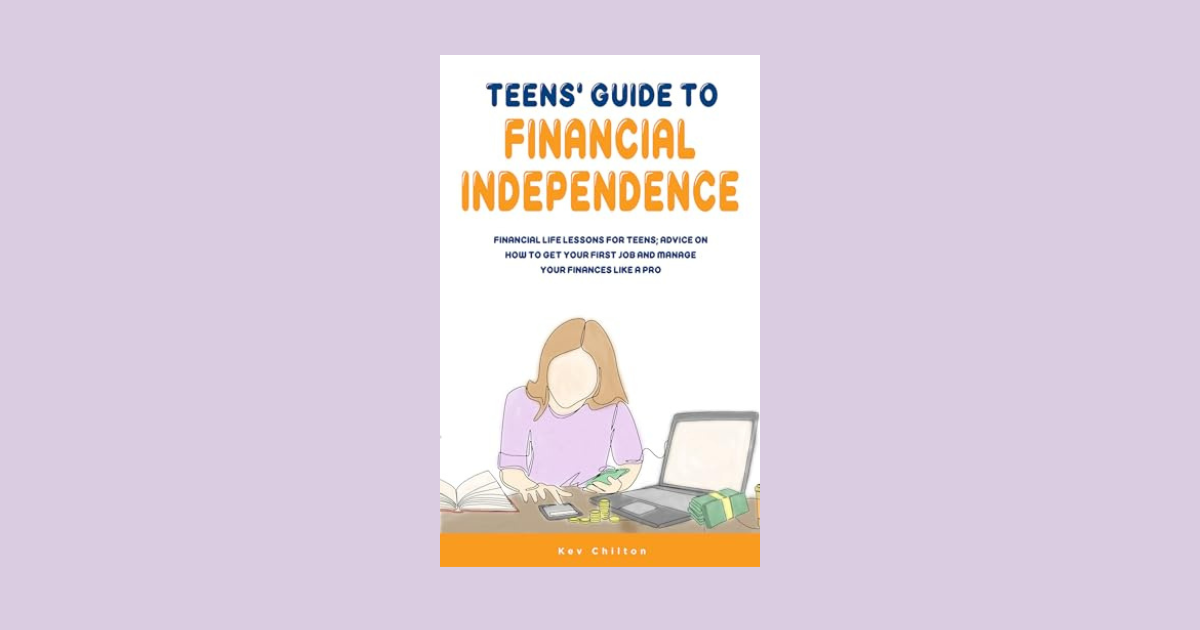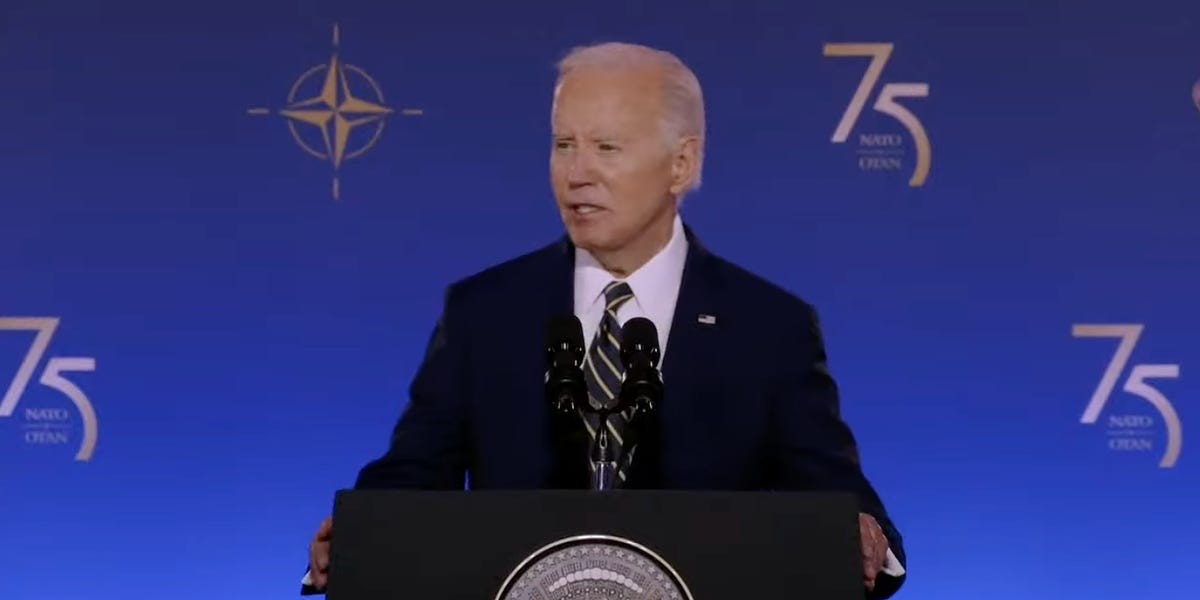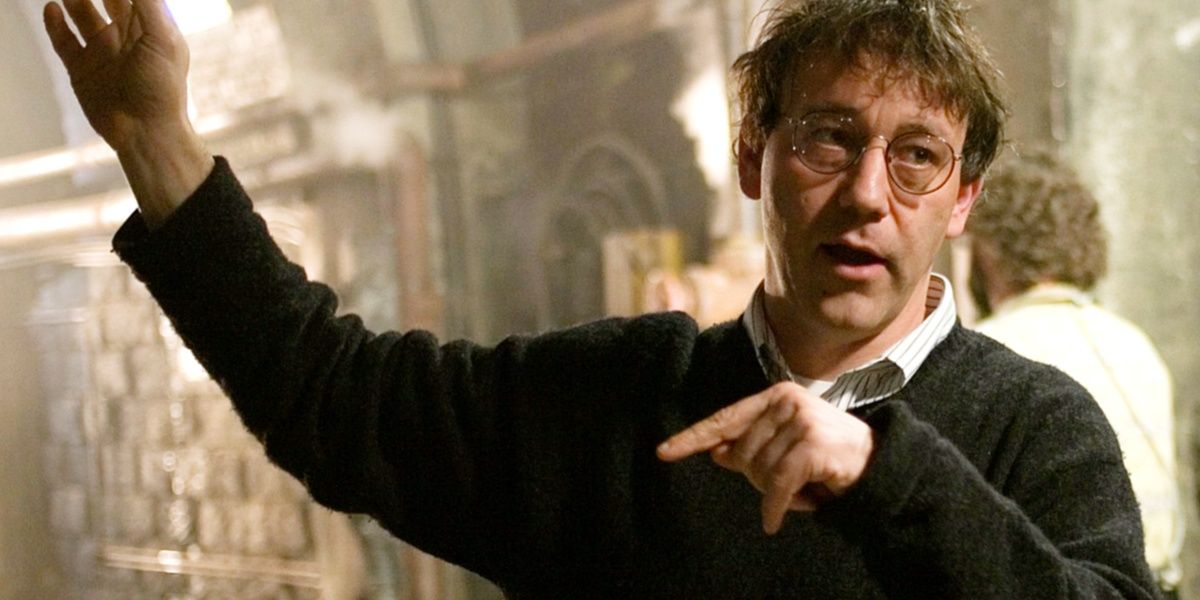While Kwedar and Bentley make a formidable team, they would not have made the film without the help of producer Monique Walton (“Bull”), who believes in their equitable profit-sharing system.
During the Chicago Critics Film Festival, RogerEbert.com spoke with Kwedar and Walton in person about trusting actors, deciding to film in a real prison, and casting Paul Raci.
This interview has been edited and condensed.
How did you get the ball rolling on Sing Sing?
Greg Kwedar: Eight years ago, right before my first film, “Transpecos,” premiered at SXSW in 2016, I was producing a short documentary for a friend inside a maximum security prison in Kansas. And it was my first time ever going behind the wall. On a tour of the facility, I passed by a cell, and a young man was raising a rescue dog. It stopped me in my tracks because I saw the healing that was happening in both directions between this man and this animal, and all my expectations about prison and incarcerated people were flipped on their head. A lot of those expectations had been propped up by the movies I’d seen.
I was just desperate to know if there was anyone else out there trying to do things differently in prison, and in the hotel room that night, I got on Google and literally typed in who was doing things differently in prison. At the top of the search field was Rehabilitation Through the Arts (RTA) in New York. They’ve been covered in big press, like The New Yorker, The New York Times, NPR. They’d done all the classic plays from Shakespeare to “A Few Good Men” and “On the Waterfront.” But there was this Esquire piece of one of the only originals they had done for two nights only at Sing Sing about a time-traveling musical comedy called Breaking the Mummy’s Code, and there was just something about the tone of it, of this like Madcap comedy in such a dark and oppressive place that felt like life to me. Tonally, it was also like “One Flew Over the Cuckoo’s Nest” meets a Michel Gondry film or something. It just felt like an invitation to discover more.
But there were a lot more years in between. Monique came on kind of late, relatively.
Monique Walton: Six years in we met by chance. We were both in Austin and we had never intersected until we met through the Austin Film Society. We were able to hang out, and I learned about how he and Clint made “Jockey,” and we had just made “Bull,” and we were talking about this idea of a community-based approach to filmmaking and what it meant and the structure of the movie and how much he made it for. A couple of months after we hung out, Greg and Clint invited me to moderate a panel they were doing on the model they made “Jockey” on, and then afterward, they pitched me “Sing Sing.” They were like: We don’t have any money yet. We have a bit of a draft of a script, but we’re shooting in two months. You know, what do you think? You wanna jump in?
























































![Key Metrics for Social Media Marketing [Infographic] Key Metrics for Social Media Marketing [Infographic]](https://www.socialmediatoday.com/imgproxy/nP1lliSbrTbUmhFV6RdAz9qJZFvsstq3IG6orLUMMls/g:ce/rs:fit:770:435/bG9jYWw6Ly8vZGl2ZWltYWdlL3NvY2lhbF9tZWRpYV9yb2lfaW5vZ3JhcGhpYzIucG5n.webp)





















